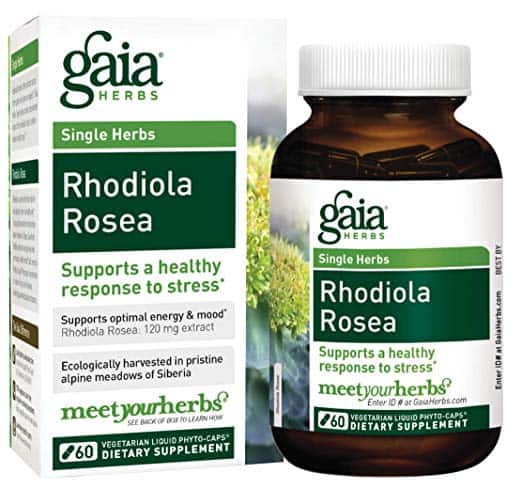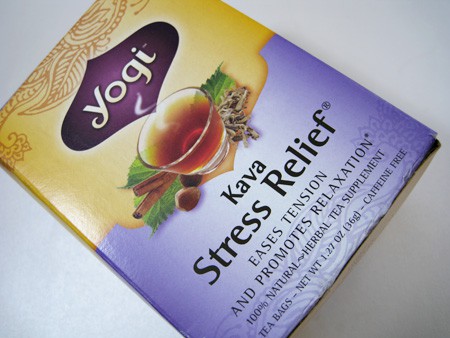Feeling Calm During a Normally Stressful or Busy Situation can have a Profound Effect on Your Energy and Attention Levels
In this world full of deadlines, to do lists and of course caffeine, taking time to calm down for a minute is not something than most people prioritize. The constant feelings of overwhelm and stress take critical tolls on our bodies, our mental state and overall well being.
Sometimes its hard to quiet your mind and body even when you are supposed to be winding down for the day. Thinking of work related tasks while getting ready for bed, showering, making dinner, or enjoying a weekend are examples of this.
The herbs and plants described here today will help your entire body “take it down a notch” by targeting and soothing your central nervous system.
There are four categories of nervines presented here. A nervine is a class of plants used by herbalists that relax the central nervous system. The groups are listed in order of strength; Mild, Moderate and Strong. The fourth group, Nervine Tonics act as adaptogens and self-regulate within your body to bring your nerves back to a normal state.
Mild Relaxant Nervines
Lemon Balm
Best known as the ‘gladdening herb’ lemon balm is widely popular because of its mild, but broad effectiveness. This herb smells sweet and inviting and can easily be grown in a small pot in the kitchen window. The uses for lemon balm make this a perfect plant to keep around. Major brands of natural teas such as Tazo and Yogi include lemon balm in their relaxing and calming blends. Using or ingesting lemon balm can give you a slight but widespread calming effect for hours. Improving mood and relieving anxiety are this plants most common uses but lemon balm is also excellent at targeting herpes and cold sore outbreaks, calming the digestive tract, and killing viruses. Click here for the exact tea shown above.
Other Mild Relaxants Include:
Chamomile (for sleep and digestion)
Cramp Bark (for cramps)
Damiana
Lavender

Moderate Relaxant Nervines
Rhodiola Rosea
This winter root has been used for centuries in the traditional medicines of Scandinavia and other northern Eurasian countries. It is written than vikings used rhodiola to enhance endurance and reduce fatigue during hard weather. In more recent history, rhodiola has been used in low doses all winter long to reduce infections. In addition to increasing overall resistance to infections (the definition of an adaptogen), rhodiola also increases mental and physical performance and endurance, reduces fatigue (even in people with diseases of chronic pain such as fibromyalgia, rheumatoid arthritis and multiple sclerosis), increases concentration, and significantly decreases mild depression, anxiety and insomnia.
If you have days where you seem to be missing that “omph” or motivation, trying out low dose rhodiola might help you get through this winter without the lulls in mood and energy levels. Rhodiola works especially well if you have had any history of weight gain in a short time in which your mental health also suffered, depression and chronic fatigue.
When searching for a rhodiola supplement, look for the active ingredients rosavin or salidroside. Be sure they are standardized to 2-3% and 0.8-1% respectively. We currently do not know all of the active ingredients in rhodiola, so make sure you are getting the whole herb. The standardized percentages of the active ingredients given are the amount found naturally in rhodiola. If you find a supplement where these percentages are different, the herb has been tampered with in some way.
In this article I have referred to “low dose” usage, meaning 100 to 150 mg per day. When taking rhodiola for the first time, start with this low dose for one to two weeks to determine how you respond. Clinical studies have used higher doses of rhodiola, from 300 to 680 mg per day to successfully treat specific problems. There were no adverse effects reported in the studies, but anecdotal evidence from the centuries of using this herb shows agitation and irritability can occur. If after one to two weeks, a low dose is not helping your mental and physical focus, work up to doses of 340 to 400 mg daily. Click here for my favorite brand of Rhodiola.
Other Moderate Relaxants Include:
Ashwaganda
Black Cohosh
Motherwort (for digestion)
Vervain
Valerian (Also great for sleep for digestion)

Strong Relaxant Nervines
Passionflower
This beautiful flower is a rarity to see in full bloom. This herb very powerful at clinical doses and is used for extreme insomnia, nervousness and anxiety. Passionflower is also used in managing symptoms of withdrawal and detoxification of strong drugs. Clonidine, a drug used to control to mental, brain and nervous system symptoms of withdrawal is significantly more effective when passionflower extract is also administered. In studies, passionflower has also been compared to the anxiety drug oxazepan and was found to have equivalent effects.
Other Strong Relaxants Include:
California Poppy
Hops (for digestion)
Kava <— This really packs a punch!
Jamacian Dogwood (for pain)

Nervine Tonics
Eleuthero
Better known as “Siberian Ginseng” this is one of the safest herbs to take long term. Elutherococcuss is actually not in the ginseng family at all, most literature now uses the shortened name “Eleuthero”. This herb increases overall endurance in those prone to fatigue and weakness. Taking eluthero also increases mental performance. The effect this herb has on the immune and nervous systems are adaptogenic but because it specifically effects white blood cells and other immune response enzymes, by definition it is not an adaptogen. For those who work very hard and consequentially do not eat or sleep properly, eluthero should be high on your priority list for supplements. Along with a lighter diet and a better focus on making the sleep you can get quality sleep, eluthero will help you stave off colds and flus this winter. Click here for Eleuthero on Amazon.
Other Nervine Tonics:
Milky Oat Seed
Saint Johns Wort
Skullcap (Also great for digestion)
Saffron

